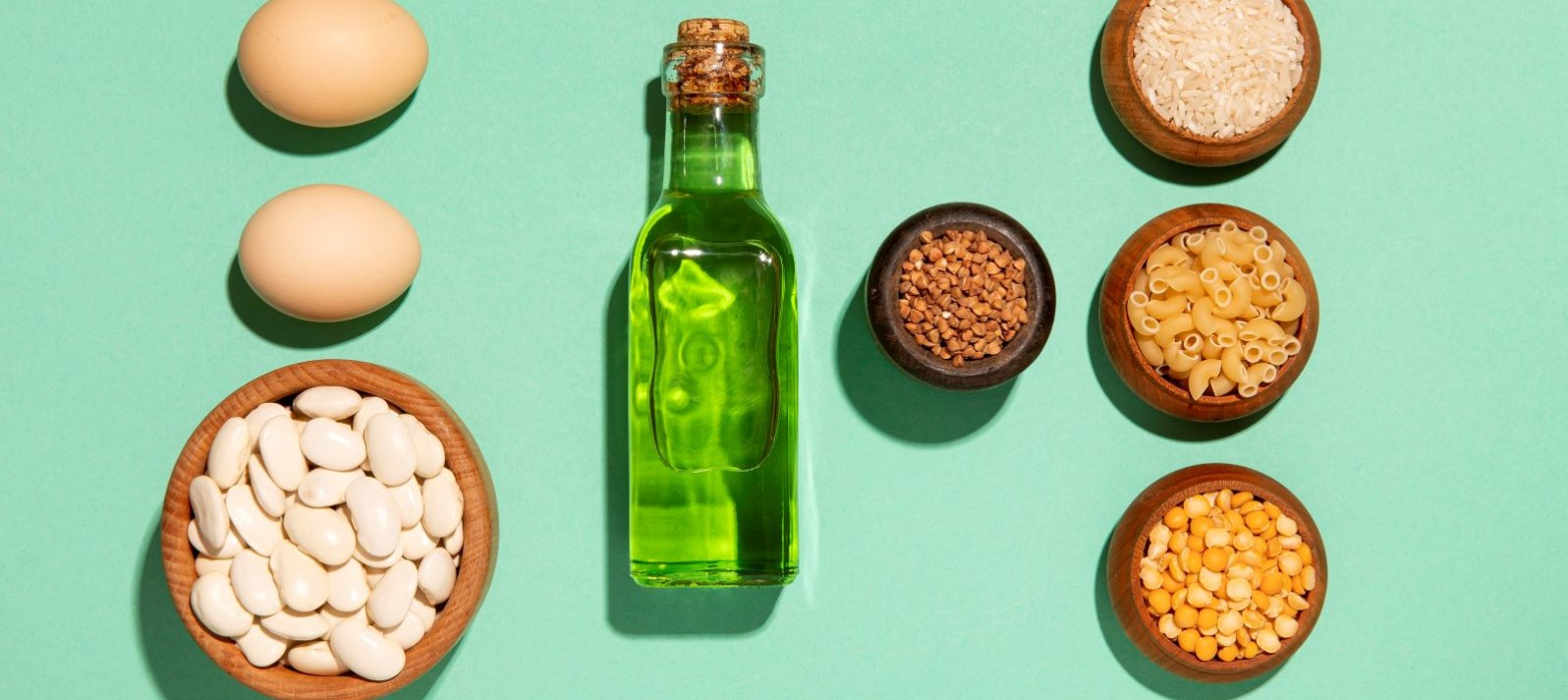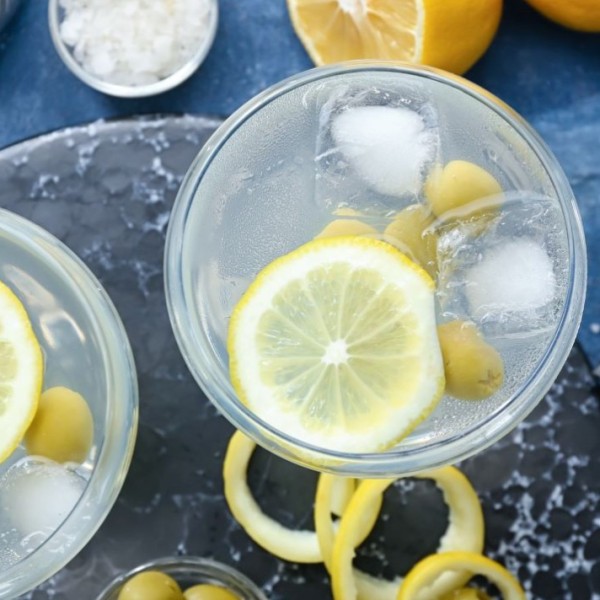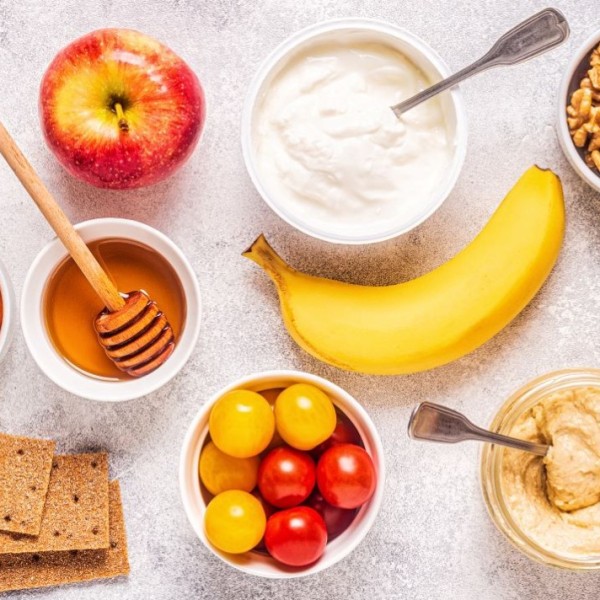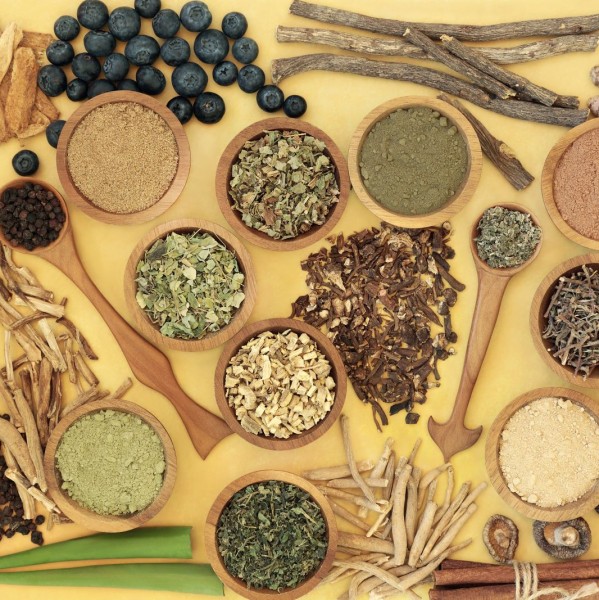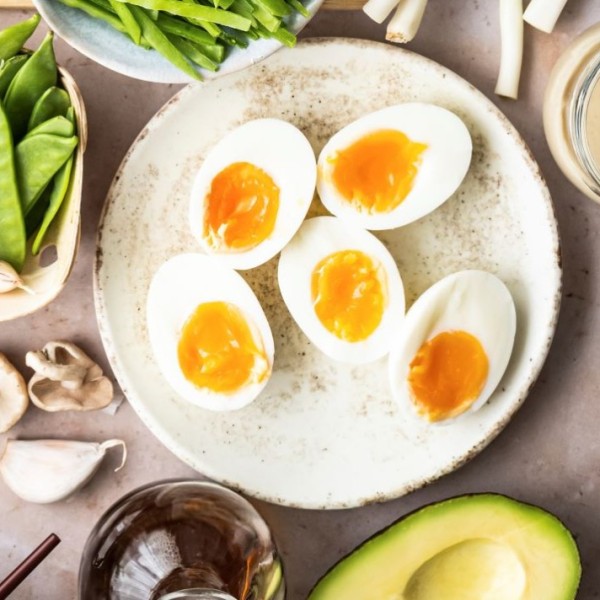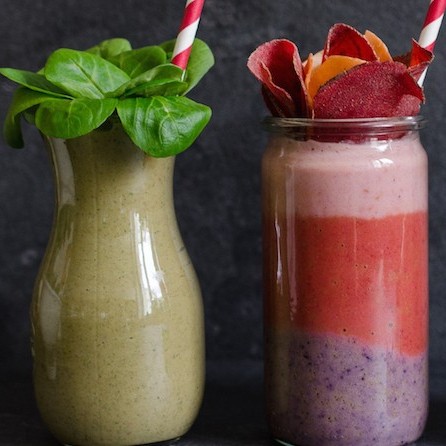Fats are an important part of your diet that has had a bad reputation for years. Today we know that they play key roles in human life. Where to find healthy fats and how to introduce them to your daily menu.
Fats are an important part of your diet that has had a bad reputation for years. Today we know that they play key roles in human life, affecting various aspects of health, including heart and brain function, hormone production and supporting the immune system. However, not all fats are the same, and their type and amount matter. In this article, you will learn what they are, where to find healthy fats and how to introduce them to your daily menu.
Healthy fats include monounsaturated and polyunsaturated fats. They can be found in a variety of food products that you certainly come into contact with every day.
Monounsaturated fats (MUFA) have a positive effect on blood cholesterol levels and reduce the risk of coronary heart disease. Their sources are primarily:
- olive oil:
- excellent for salads,
- studies show that it is the best fat for baking and frying.
- rapeseed oil and nut oils:
- to be used primarily cold as an addition to salads.
- avocado:
- can be used as a substitute for butter, as a spread for sandwiches,
- suitable as an addition to sandwiches, salads, wraps, smoothies,
- excellent in the form of guacamole as a spread for bread or vegetable sticks.
- almonds, cashews, pistachios, hazelnuts:
- great as a quick second breakfast or a component of cocktails,
- suitable as a crunchy addition to salads, yogurt or cottage cheese,
- can be consumed in the form of nut butters without sugar and salt.
Polyunsaturated fats (PUFAs) include omega-3 and omega-6 fatty acids, which have been proven to protect the heart, brain and support the immune system. Omega-3 fatty acids can be found in:
- fatty sea fish, such as wild salmon, mackerel, herring, sardines:
- it is worth eating them interchangeably, twice a week,
- baked or steamed, they will work well as a dinner addition, they can also be used to prepare fish soup,
- herring can be marinated in yoghurts, with dried fruit, onion, spices and eaten on their own or as an addition to sandwiches,
- salmon, mackerel or sardines can be mixed with a small amount of mayonnaise and pickled cucumbers, tomato puree or other additions and eaten as a sandwich spread.
- linseed and linseed oil:
- linseed can be added to salads, yoghurts or oatmeal, and ground, it can be used as a thickener for sauces or as a binder for meatballs,
- oil flaxseed should only be used cold, so it will work well as an addition to salads, cottage cheese or cocktails.
- chia seeds:
- ideal for puddings, smoothies or oatmeal.
- walnuts:
- they can be added to salads (e.g. with beetroot and camembert), cakes or eaten as a snack.
Omega-6 fatty acids are a group of fats that are worth consuming alongside omega-3 fatty acids, and you can find them in:
- sunflower, soybean and corn oil:
- they can be used for short-term heating, but they are recommended primarily cold (especially sunflower oil),
- they will work well as a salad dressing,
- soybean oil can be used to prepare a vegan version of mayonnaise.
- pumpkin and sunflower seeds:
- great for cocktails, and when lightly toasted as an addition to salads.
As you can see, no animal sources of fat have been listed above. These also contain some healthy fats, but due to the cholesterol and high saturated fat content, they are recommended in moderation. Products such as eggs, coconut oil, and clarified butter can be a source of valuable nutrients and complement healthy fats.


